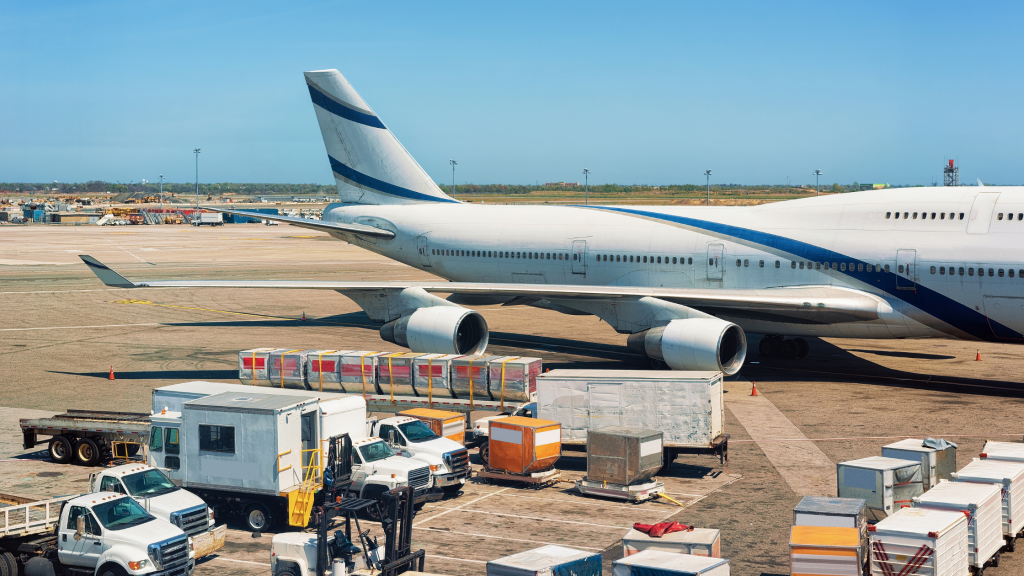IATA cargo agent is someone who has all of their certifications and licenses in order to sell air freight on behalf of several airlines. They are individuals or organizations that act as representatives for airlines in countries outside of where those airlines maintain official headquarters. While we could be here all day discussing every aspect of what makes up an IATA cargo agency, let’s break it down into some key advantages: time savings, cost savings, increased revenue and even security benefits.

Index
- What Is an IATA Agent?
- What is the main purpose of IATA?
- Advantages Of Working With An IATA Cargo Agent.
- What is the difference between air freight and air cargo?
- What are the different types of air cargo?
- Service provided by IATA Cargo Agent.
- Conclusion.
What Is An IATA Agent?
The International Air Transport Association (IATA) is an international trade association of airlines. Airlines in IATA are responsible for safely and punctually delivering passengers and cargo from one location to another. Members of IATA adhere to strict guidelines when it comes to how they conduct their business with other members and non-members. One of these business practices is known as airline agency.
What is the main purpose of IATA?
The International Air Transport Association (IATA) is an international trade association of more than 260 airlines, operating from 280 different cities in 101 countries. Its work covers all areas of commercial air transport and passenger services; it also provides certifications for pilots, aircraft and other aviation products. Its headquarters are located in Montreal, Canada with regional offices in Geneva, Singapore and Hong Kong.
Advantages of working with an IATA Cargo Agent.
You can begin to work with an agent as soon as your new or used equipment is ready to travel. (If you plan on sending pallets of excess inventory, then your goods must be in good condition and comply with IATA policies.) Working with an agent will also help streamline other aspects of shipping, including customs clearance and transfer at origin. Another perk? A portion of their fee is tax-deductible.
What is the difference between air freight and air cargo?
Air freight is defined as the carriage of cargo, mail and/or passengers by air. Air cargo, on the other hand, refers to cargo carried as part of an airline’s scheduled service. Unlike air freight carriers, which operate mostly as third party contractors for shippers and transportation providers that book space through their systems, airlines use their own personnel to plan out their routes and load aircraft with both passengers and cargo.
What are the different types of air cargo?
Currently, there are three types of cargo classifications for air shipments. These include Dangerous Goods (DG), Fragile Goods (FG) and Non-dangerous Goods (NDG). The DG designation refers to items that may present a risk to persons or property in aircraft if not properly handled and packaged. Most articles bearing labels such as ‘Flammable, Danger Explosives or Poison’ are classified as dangerous goods.
Service provided by IATA Cargo Agent.
They will help you in creating an air waybill and make sure that your shipment is properly loaded on to an aircraft. IATA cargo agents are not just forwarders; they act as airport representatives, coordinating with airports and airlines to ensure smooth, safe and efficient delivery of your shipment. One of their most important services is to clear your freight through customs at various countries’ airports so that it can be shipped promptly without delay or red tape.
Conclusion.
There are many benefits to hiring an IATA Cargo Agency, including lower costs for your freight, more experienced agents with higher expertise, and more accessible relationships with major airlines around the world. As always, we look forward to serving you in all of your shipping needs. Feel free to contact us at any time. We’re available 24/7 to help. Thank you for taking time out of your day to read our post. Have a great day!
